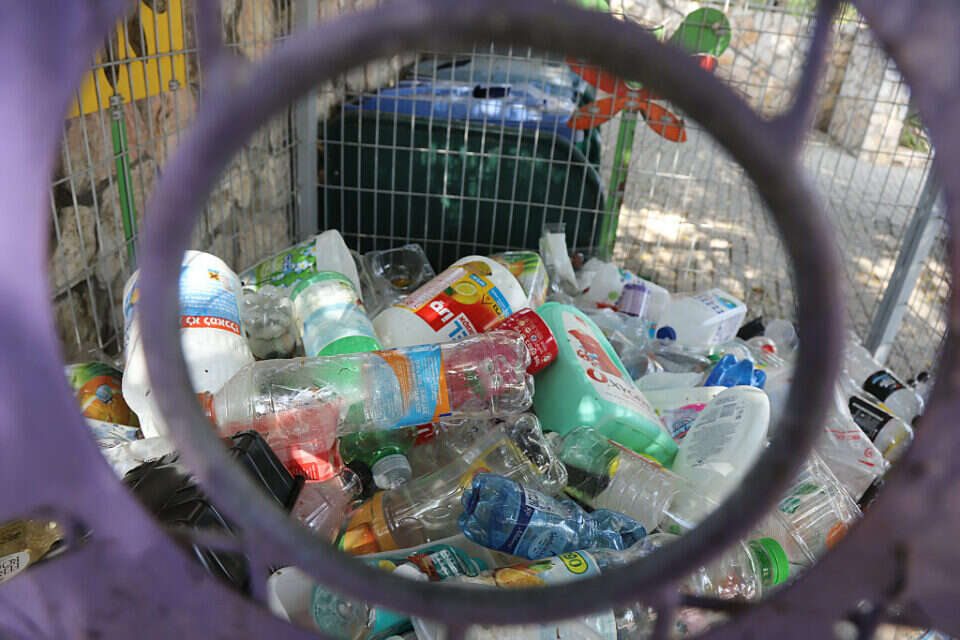The extension of the deposit law will start tomorrow (Wednesday).
Along with important environmental and social principles, the Ministry of Environmental Protection, the public and the beverage companies will stand the test of changing habits, the success of which will be a significant turning point for Israeli society in internalizing the importance of recycling and preserving the environment.
According to current estimates, almost two billion beverage containers, small and large, are consumed in Israel every year, most of them plastic bottles with a total weight of about 37,000 tons. So far, the law has stipulated that small beverage containers are subject to a 30-agorot deposit, which consumers could exercise against returning the container to the various businesses. In 2010, an amendment was passed to the Deposit Law, which stipulated that manufacturers and importers would also be responsible for collecting and recycling large bottles (between 1.5 and 5 liters), and that non-compliance with these targets would result in fines and the application of a deposit.
The test of the result showed that the importers and producers of the beverages did not meet the objectives of the law.
As a result, in October 2020, former Minister of Environmental Protection Gila Gamliel - and now Minister Tamar Zandberg continues to do so - extended the law to large beverage containers, reducing the amount of landfills in plastic, aluminum and glass containers, and improving the level of cleanliness in public spaces .
In doing so, Israel joins other advanced countries, which are already implementing the principles of the Deposit Law in its broad version and are working to recycle all beverage containers.
The expansion of the law is a sign of vigilance and attention on the part of the Ministry of Environmental Protection, when it comes to reducing its damage caused by non-recycled containers.
The deposit law is important, social and environmental.
It is not just a momentary title or a silent document approved by the legislature, but in order to exhaust the benefits derived from it, it is important that we as a society know how to uphold it and promote its implementation.
With the expansion of the law, comes the challenge, which, as mentioned, has to face three key players: the Ministry of Environmental Protection, the public and the beverage companies.
complex?
Definitely.
The ministry has initiated the expansion of the law, and now it must provide a solid infrastructure in terms of supervision and enforcement, in order to properly incentivize the other players to comply with its provisions.
Beverage companies are required to allocate appropriate resources and the manpower required to ensure that the law is properly implemented.
The last, and most important, player is the public - a sensitive player, who must know how to properly access the goals of the law and lead him to identify with the social and environmental values inherent in it: preserving the environment and preventing pollution and environmental hazards.
As a company, we must prove that we are able to accept responsibility and act to reduce the associated damages.
Were we wrong?
Fixed!
If you found an error in the article, we'll be happy for you to share it with us















